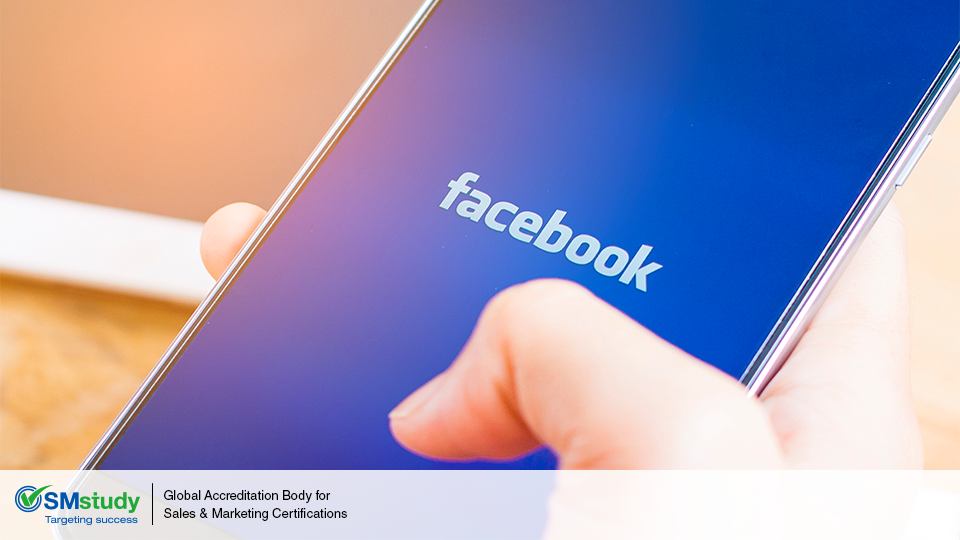The face of marketing has changed drastically since the introduction of social media. Today, marketers understand that social media is the best way to reach a larger audience, connect with them, and ultimately expand your business.
But the dynamicity of this channel makes it difficult to keep pace, and with new updates being launched on different social media platforms every now and then, businesses face serious challenges with social media marketing.
Let’s take a look at the biggest challenges that await marketers on social media channels -
Lesser Organic Reach
With the widespread use of the internet, more and more companies are leveraging on social media channels to increase reach and widen their audience base. This means that marketers have to face a decline in their organic reach. A lesser organic return can force marketers to become selective in their social media approach, turn specific about what and where they post and also capitalize more on paid advertising to maintain their numbers.
Social Video Saturation
There has been a consistent growth in the field of social video advertising. However, this development has shown no signs of stopping and has now reached a point where the market for social videos has become highly saturated. This poses a big challenge for marketers as they have to produce extremely relevant video content and distribute it appropriately if they want to get noticed.
New Algorithms
When social media was newly introduced, everything was quite straightforward. But as the number of users grew, social media platforms started incorporating new algorithms that made it difficult for marketers to reach so many people like they used to before. Today, users see posts that are relevant to them which mean marketers need to find the right followers and post engaging content instead of generic marketing messages.
Time Management
Of all the challenges that marketers will have to face, the biggest one is time management. It is really difficult to update social media as well as stay updated on the latest trends. Social media, as helpful as it may be, has the ability to consume all of your time if you don’t stay focused. If you don’t manage your time properly, all your attempts and efforts might go in vain.
These are some of the challenges that marketers are likely to face in the upcoming period. Stay observant and make sure that you don’t get caught up!
For more interesting articles log on to SMstudy.com/articles





